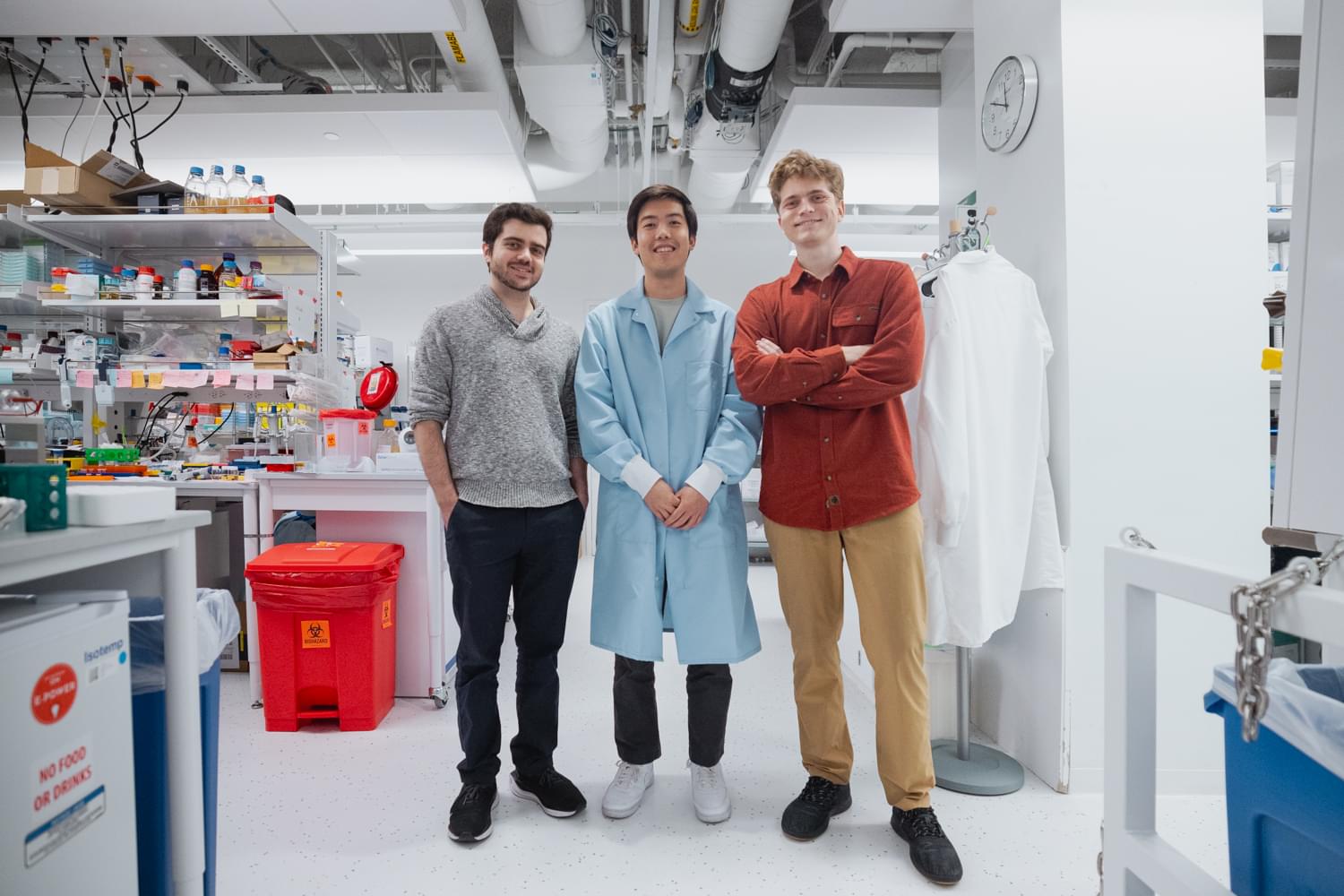Imagine being able to speed up evolution – hypothetically – to learn which genes might have a harmful or beneficial effect on human health. Imagine, further, being able to rapidly generate new genetic sequences that could help cure disease or solve environmental challenges.
Now, scientists have developed a generative AI tool that can predict the form and function of proteins coded in the DNA of all domains of life, identify molecules that could be useful for bioengineering and medicine, and allow labs to run dozens of other standard experiments with a virtual query – in minutes or hours instead of years (or millennia).
Trained on a dataset that includes all known living species – and a few extinct ones – Evo 2 can predict the form and function of proteins in the DNA of all domains of life.
